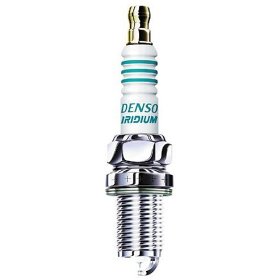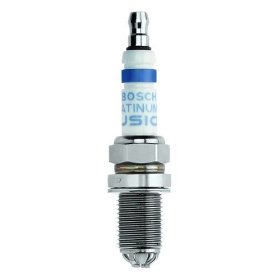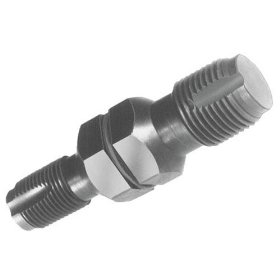Replacing Spark Plugs

Replacing spark plugs has always been a favorite task of do-it-yourself auto mechanics. The interesting thing about this maintenance operation is that on some vehicles it is fun and easy.
On other automobiles the task is extremely difficult and sometimes the path of success is plagued with extreme problems that could lead to pulling the cylinder head.
Sometimes when spark plugs are removed from a cylinder head the threads will have traces of metal on them.
Each spark plug removed should be numbered with the cylinder it was removed from and inspected thoroughly for this type of thread damage. This type of car problem happens more often on engines that use aluminum cylinder heads.
If you run into this problem when performing your own sparkplug maintenance it is highly recommended to correct the condition before reinstalling the plugs. Patience and care at this point can save you from major auto repairs down the road.

If you force the plug back into the bore, or they become tight before they bottom the likelihood that the plug will leak or blow out increases.
If compression forces the plug out of the hole while the engine is running, a large amount of damage can occur to the cylinder head.
If this happens to you note that the head should be removed and checked for damage by a machine shop.
The end result may include and require replacement. It is also safe to say when this happens it will scare the hell out of the driver when it blows out.
Replacing spark plug tips
The number one rule for me is to never try replacing spark plugs when the engine is hot. If you remove them on a hot cylinder head The threaded holes can become egg shaped as the cylinder head cools without the sparkplugs to hold or retain the shape.
The number 2 rule for me is that replacing spark plugs should only be done when recommended by the manufacturer or if a plug happens to fail which is very rare.
Just a few years ago plug maintenance was recommended about every 30,000 miles. Now modern platinum plugs can go as far as 100,000 miles before maintenance is recommended (check your owners manual for recommendations).

When installing sparkplugs if the plugs cannot be installed easily by hand the threads in the cylinder head may need to be cleaned with a thread-chasing tap.
There are special taps for spark plug holes simply called spark plug chasers. You have to be really careful not to cross thread the new plugs when you’re working with aluminum cylinder heads.
It is also recommended that do-it-yourself car mechanics tighten the plugs with a torque wrench using the correct spark plug socket with out a universal joint if possible.
The following affiliate link will take you to amazons website were you can get special spark plug tools like thread chasers, wire boot pullers, replacement thread installers, torque wrenches and of course inexpensive replacement spark plugs.
Always follow the vehicle manufacturer specifications in your auto service manual.
Recap of the #1 rule: In most cases, automotive manufacturers agree with me that this car maintenance operation should never take place on even a warm engine. Let the engine cool down to the ambient surrounding temperature before you begin your spark plug replacement.

